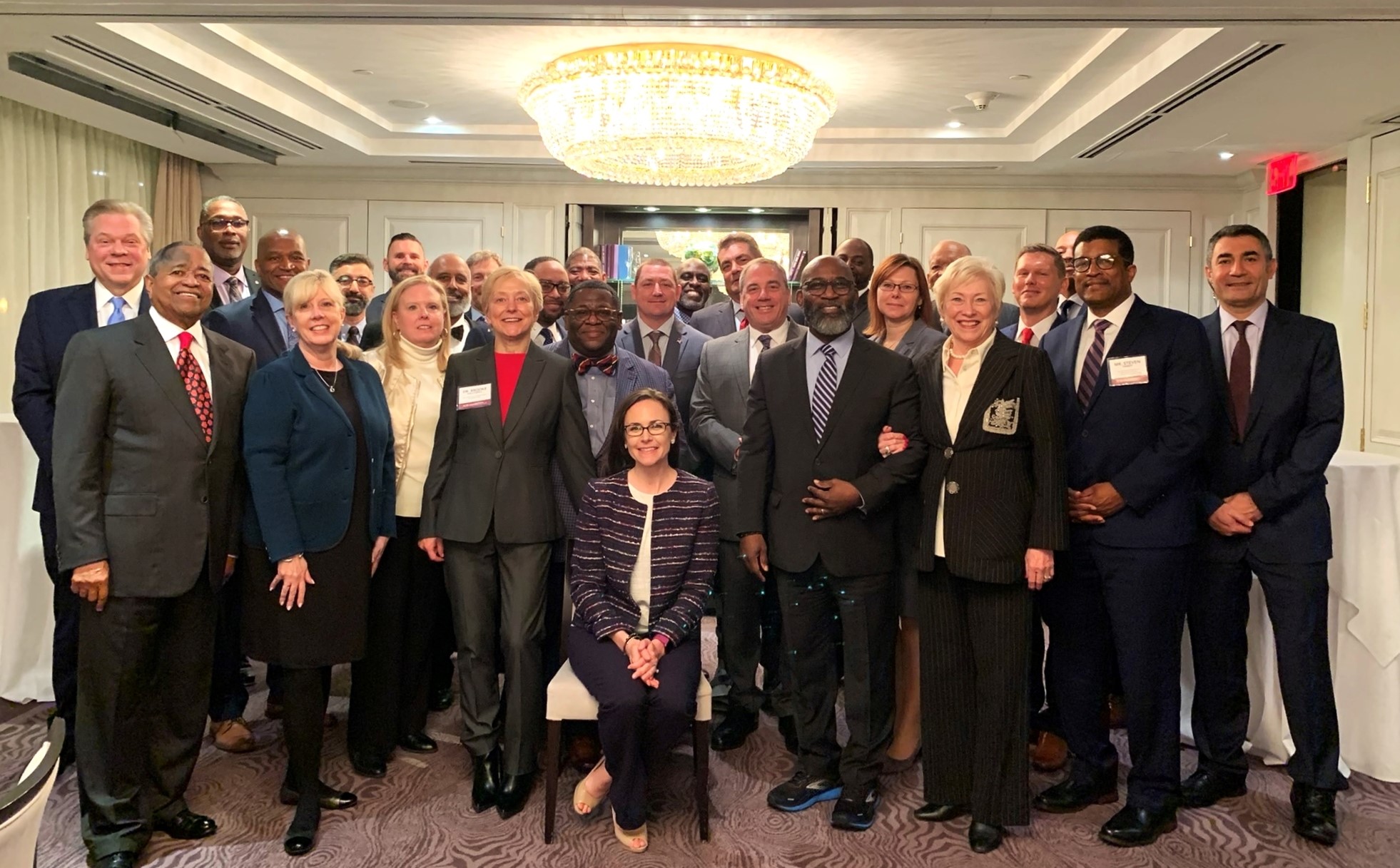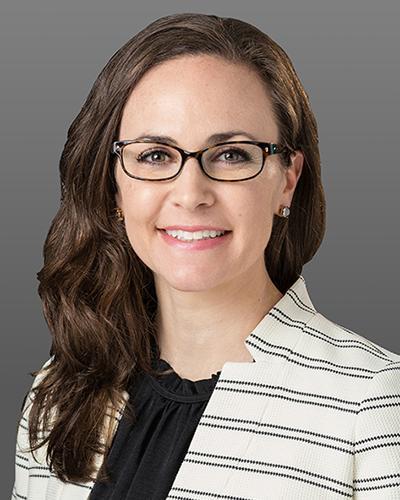AGB Institute for Leadership & Governance in Higher Education
Written by Melinda Leonardo, Ph.D.
Prioritizing the Leadership Pipeline
The field of higher education leadership has faced a significant upheaval over the last few years. Budgetary constraints, political battles over academic freedoms and a global pandemic have tested even the most seasoned leaders. Many have risen to the challenges facing their institutions. Others have recognized the need for a transition to new leadership and strategies to meet constantly evolving demands. Research indicates that 54 percent of presidents or chancellors plan to leave their current positions within the next five years, while the average tenure of presidents has steadily declined since 2011.
These transitions present an opportunity for leaders on the rise; thus, it is imperative that leaders from diverse backgrounds have access to training and advancement opportunities that will support and encourage this professional development trajectory. While the number of higher education leaders of color has steadily increased since the racial reckoning of 2020, a deeper dive reveals a persistent lack of diversity in the upper ranks of leadership, particularly in the executive offices and presidencies. According to the 2017 American Council on Education’s American College President Study, women comprise less than one-third of college presidents. Only eight percent of college presidents are Black, and a mere four percent are Latino. The numbers are even smaller for women of color.
The Association of Governing Boards of Universities and Colleges (AGB) and AGB Search founded the AGB Institute for Leadership & Governance in Higher Education to address these and other challenges facing the industry. The paradigm for preparing leaders must shift in order to successfully usher institutions into the future, with the ultimate focus on student success. This preparation includes ensuring that leaders are well-versed in multiple facets of the industry, such as trends in student enrollment and retention, finances and fundraising, data analysis and action planning, and equity, among others.

The Institute is based on five primary concepts that are crucial for future higher education leaders:
Advance Adaptive Leadership – Recognize the changing trends within higher education, those that affect it, and the preparation needed to act accordingly.
Enable Systems Thinking – Understand the whole is greater than the sum of its parts and identify the interconnected nature of problems, people and performance.
Strengthen Cultural Intelligence – Develop the skills that enable leaders to successfully work with and across various cultures, while championing mutual respect and belonging on campus.
Pursue Continuous Improvement – See organizations as continuous learning experiments, where each effort is undertaken by a leader who is willing to celebrate successes and learn from failures.
Execute Effective Shared Governance – Engage multiple internal and external stakeholders in institutional planning and decision-making.
When developing the AGB Institute, co-founders Dr. Nancy Zimpher, chancellor emerita of the State University of New York, and Dr. Rod McDavis, managing principal at AGB Search, were inspired by what they see as a new era of presidents, chancellors, and other leadership roles represented by women and people of color. “For so many years, women and people of color have played a significant role as faculty, deans, and other members of the academy, but now they’re being taken seriously as being the leader of a college or university or system…that’s where the future is,” says McDavis.
Though this new generation of leaders may have a tough ride in terms of evolving expectations, they have an opportunity to pave the way for future leaders and reshape the presidential office by prioritizing their commitment to equity and diversity.
Only three years into its existence, 69 cohort members have completed the Institute program, with 72 percent of participants being women and people of color. The classes have been composed of provosts, vice presidents and deans from public and private institutions, including Hispanic-serving institutions (HSIs) and historically Black colleges and universities (HBCUs). Cohort members from the Institute’s three classes have continued to progress in their professional journeys, thanks to the skills and knowledge and the ongoing mentorship provided by the Institute. Ten fellows have been appointed to presidencies or chancellorships; of those 10, four are women, and six are presidents of color, some of whom are the first Black presidents of their respective institutions.
“The AGB Institute for Leadership & Governance is in a unique position in that it focuses on both leadership and governance, with a cadre of diverse faculty who are experts at adaptation, systems thinking and continuous improvement,” says Dr. Jason Lane, Institute co-director and dean of the College of Education, Health and Society at Miami University. “It is critical that leadership programs, particularly those training future presidents, introduce participants to methodologies that embrace community participation and teach cultural components such as learning from failure, embracing vulnerability, and cultivating trust across sectors and organizations.”
As challenges to higher education continue to emerge, there is a clear opportunity to not only prepare for the future, but also to have a hand in shaping it.

Author Bio:
Melinda Leonardo, Ph.D., is the Program Coordinator for the AGB Institute for Leadership & Governance in Higher Education and Director of Interim Search for AGB Search. She is certified and serves as the firm’s Predictive Index Analyst. In addition, Dr. Leonardo has built extensive networks with candidates in her executive search work over the last two decades.